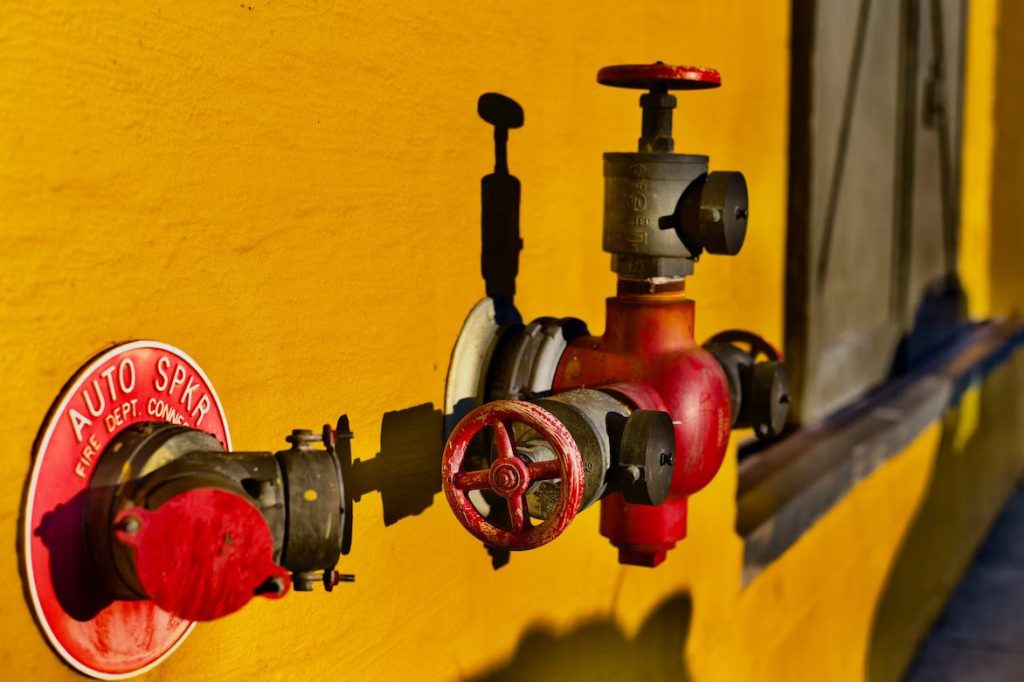
The refining and petrochemical industries have long been criticized for their environmental impact. These industries are responsible for significant greenhouse gas emissions, air and water pollution, and the release of toxic chemicals. As awareness of the environmental issues caused by these industries has grown, governments, businesses, and consumers are pushing for more sustainable practices. China valves have emerged as a solution to mitigate the environmental impact of the refining and petrochemical industries.
Air and Water Pollution
Air and water pollution are major environmental issues that result from refining and petrochemical industries. The operation of these industries leads to emissions of pollutants, including volatile organic compounds (VOCs), sulfur dioxide, and nitrogen oxide. These emissions contribute significantly to smog, acid rain, and respiratory problems. Additionally, the process of refining and petrochemical production requires vast amounts of water, leading to water depletion and contamination.
China valves help to mitigate the impact of refining and petrochemical industries on air and water pollution. Valves play a significant role in managing and controlling fluid flow, ensuring that pollutants are captured and treated before being released into the environment. China valves are designed to handle the difficult environments present in the refining and petrochemical industries, ensuring leak-free operations and reducing the risk of fluid contamination.
Greenhouse Gas Emissions
Greenhouse gas emissions are another significant environmental issue caused by the refining and petrochemical industries. These industries are responsible for significant amounts of carbon dioxide and other greenhouse gases, contributing to global warming and climate change.
China valves are helping to reduce greenhouse gas emissions by enabling the capture and storage of carbon dioxide. Valves are used in carbon capture and storage (CCS) systems to control the flow of carbon dioxide and ensure efficient capture and storage. By using China valves in CCS systems, refineries and petrochemical plants can reduce their carbon footprint and reduce their impact on the environment.
Safety and Efficiency
Safety and efficiency are critical concerns in the refining and petrochemical industries. The safety of personnel and equipment is essential to ensure the industry operates effectively without causing harm to the environment or human health. Additionally, the industry requires high levels of efficiency to remain competitive and profitable.
China valves help to improve safety and efficiency in the refining and petrochemical industries. Valves play a critical role in controlling fluid flow, ensuring that processes are safe and efficient. China valves are designed to withstand the harsh environments present in the industry, reducing the likelihood of equipment failure and accidents. Additionally, valves enable precise control of fluid flow, optimizing the efficiency of processes and reducing waste.
Sustainable Practices
Sustainable practices are becoming increasingly important in the refining and petrochemical industries. Industry leaders are looking for ways to reduce the environmental impact of their operations and promote sustainable practices.
China valves are an essential component of sustainable practices in the refining and petrochemical industries. Valves are designed to handle alternative feedstocks, including biomass, waste, and other organic materials, reducing reliance on fossil fuels. Additionally, China valves can be used in systems that promote energy efficiency, such as solar and wind power systems. By using China valves in sustainable systems, the refining and petrochemical industries can reduce their environmental impact and promote more sustainable practices.
Innovation
Innovation is a crucial factor in addressing the environmental challenges of the refining and petrochemical industries. New technologies and processes are necessary to reduce environmental impacts and achieve sustainable development.
China valves are at the forefront of innovation in the refining and petrochemical industries. The valve industry is continually developing new technologies and processes to reduce environmental impact, increase safety and efficiency, and promote sustainable practices. China valves are helping to drive innovation in the industry, enabling the development and implementation of new technologies and practices.
Conclusion
The refining and petrochemical industries play a crucial role in the global economy, but their environmental impact is significant. The industries are responsible for air and water pollution, greenhouse gas emissions, and safety concerns. China valves are helping to mitigate the environmental impact of the refining and petrochemical industries by improving safety, increasing efficiency, promoting sustainable practices, driving innovation, and reducing greenhouse gas emissions. As the industry continues to face environmental challenges, the use of China valves will become increasingly important in mitigating the industry’s environmental impact.










